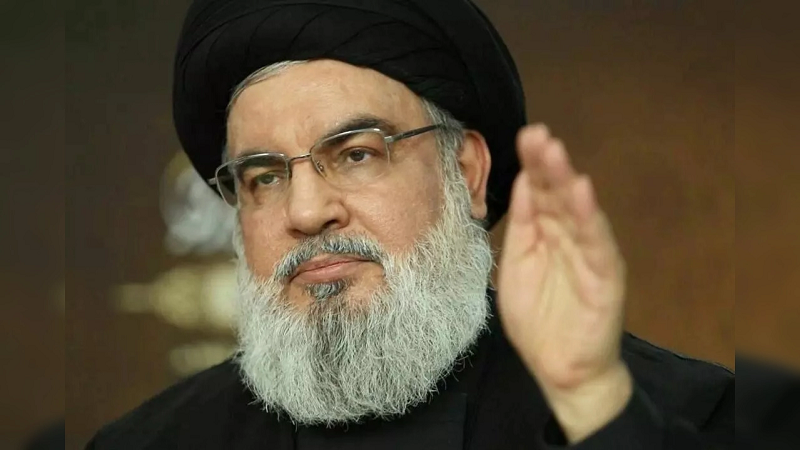
In a major escalation of the Middle East conflict, Hezbollah leader Hassan Nasrallah was killed in an Israeli airstrike in Beirut. The strike targeted Hezbollah’s central command in the southern suburbs of the Lebanese capital. Nasrallah’s death has sent shockwaves through the region, marking a critical moment in the ongoing conflict between Israel and the Iran-backed militant group.
The Israeli military confirmed the successful operation on Saturday, declaring the elimination of one of its most notorious enemies. “Nasrallah was not just another militant; he was a key architect of terror in the region,” Israeli Prime Minister Benjamin Netanyahu said, adding that the airstrike was necessary to weaken Hezbollah and shift the balance of power.
Nasrallah’s leadership spanned more than three decades, during which he transformed Hezbollah into a formidable political and military force in Lebanon, with deep ties to Iran. His death deals a significant blow to both Hezbollah and Tehran, which has vowed retaliation. Iranian Supreme Leader Ayatollah Ali Khamenei called Nasrallah’s death a “martyrdom” and warned of serious consequences for Israel.
The conflict between Israel and Hezbollah has escalated sharply in recent weeks, with both sides exchanging cross-border strikes. Since Nasrallah’s killing, Israeli airstrikes have intensified across Lebanon, displacing over a million people and killing more than 1,000 Lebanese civilians, according to Lebanon’s Health Ministry.
Hezbollah has vowed to continue its fight, stating that Nasrallah’s death will not stop its resistance. “The path of our leader will be pursued by those who come after him,” the group said in a statement.
Global leaders are calling for restraint as tensions rise. U.S. President Joe Biden expressed support for Israel’s right to self-defense but urged for a ceasefire to prevent further regional destabilization. Meanwhile, Russia and Iran have condemned the strike, warning of potential consequences for regional stability.
The death of Nasrallah, long considered Israel’s top adversary in Lebanon, marks a turning point in the conflict and raises concerns about broader regional fallout, with the potential for increased involvement from Iran and other militant groups allied with Hezbollah.

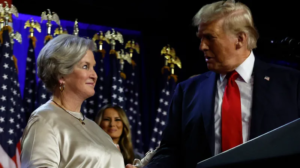
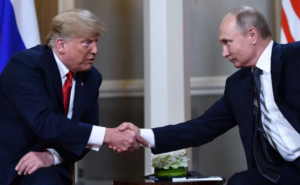
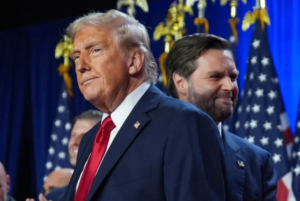

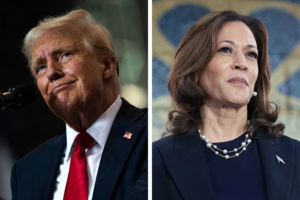
Be First to Comment